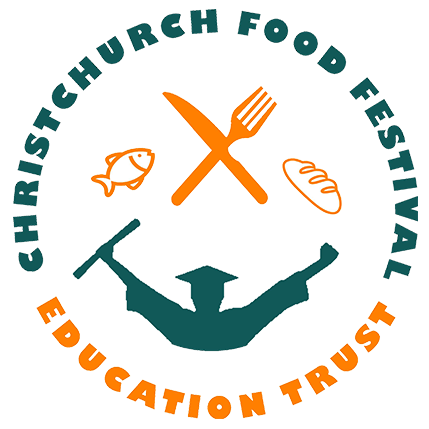As your kids are growing it’s important for them to eat a healthy diet to keep their bones and muscles strong.
What do we need for bone health?
- Calcium: Over 99% of calcium in the body is found in the bones and teeth. It’s essential for bone growth and development throughout life. It can be found in dairy products, green leafy vegetables, nuts, milk alternatives with added calcium and bread. It can also be found in other foods made with fortified flour, and fish where you eat the bones, including sardines and pilchards. Calcium is also important for your muscles as it helps them contract and relax.
- Vitamin D: This nutrient is essential, it helps the body to absorb the calcium that we eat and improve bone density. We can get some vitamin D from exposure to sunlight (without sun cream on), but this isn’t enough to meet the body’s needs. A good way to boost this is through our diet. Good sources include egg yolk, oily fish such as salmon and sardines, liver, red meat, and fortified foods like breakfast cereals.
- Phosphorus: This nutrient is found within our bones, combined with calcium. It’s important to consume this in our diets to help keep the bones strong. Good sources of phosphorus include meat and dairy, beans, lentils, nuts, and wholegrains. The good news is, these foods are great for your muscles too!
What do we need for muscle health?
- Protein: Our muscles are constantly breaking down and regenerating, so it’s important to eat plenty of protein to help keep them strong. Good sources include meat, diary, eggs, wholegrains, nuts, tofu, and pulses. Protein is made up of lots of smaller building blocks called amino acids. Different protein sources contain different amino acids so it’s important to eat a variety to make sure your muscles get all the building blocks they need; this is especially important if you follow a vegetarian or vegan diet as plant proteins have less variety of amino acids in.
- Sodium: This nutrient is important for muscle contraction, helping you move around. This nutrient is one the two that makes up salt. It’s added to many processed foods, but small amounts can also be found in milk, vegetables, and unprocessed meats. Whilst sodium does help our body, it is also important to stick to the recommended 6g per day as excess salt can compromise your heart health and blood pressure.
- Potassium: This is another mineral that helps with muscle contraction. Potassium can be found in milk, meat, whole grains, legumes, and fresh fruits and vegetables.
- Magnesium: This mineral helps to build protein out of those amino acid building blocks, as well as helping muscle contraction. Good sources include nuts, seeds, legumes and green leafy vegetables.
- Sulphur: This is found within proteins and helps form their structure. It can be eaten in other protein sources such as meat, poultry, dairy, eggs, fish, nuts and legumes.
- Zinc: Like magnesium, this mineral also helps to build the proteins in your body out of amino acids. Good sources in the diet include meat, poultry, fish, vegetables, and whole grains.
CHRISTCHURCH FOOD FESTIVAL EDUCATION TRUST: CHARITY NUMBER 1127292
BOURNEMOUTH UNIVERSITY: MSC NUTRITION AND BEHAVIOUR STUDENT: KATE
